Recently, California Governor Newsom approved Assembly Bill 1078, which would prohibit schools and libraries from banning or censoring books, instructional materials, or curriculum. The bill, which was signed on Sept. 25, aims to promote an inclusive and diverse curriculum. Anthro Magazine interviewed several Paly students and teachers to share their opinions on the bill.
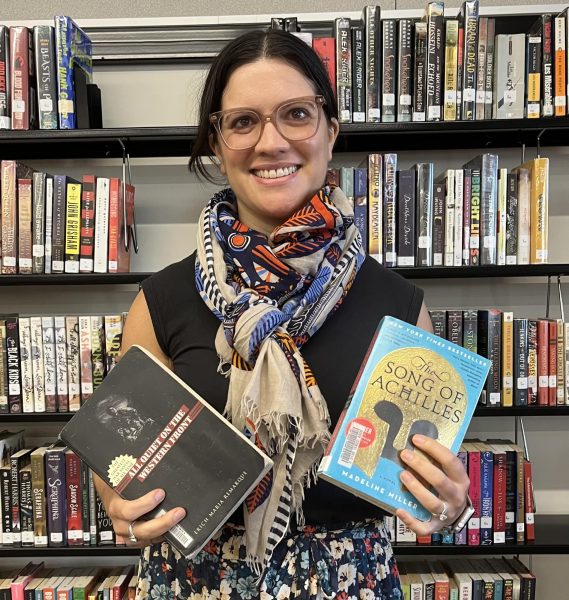
“I think the current tone of a lot of the challenges against books is not necessarily protective, but actually harmful to certain identities like different, racial, ethnic, sexual orientation, and gender, like queer identities. So I think it’s just really important to protect the right for all students to find themselves in their school library. One of my big values is to have books that are mirrors for everyone [so] everyone can find a story that kind of reflects them, and nonfiction that also explores all sorts of different understandings of history and identity and social movements.”
– Sima Thomas, Librarian
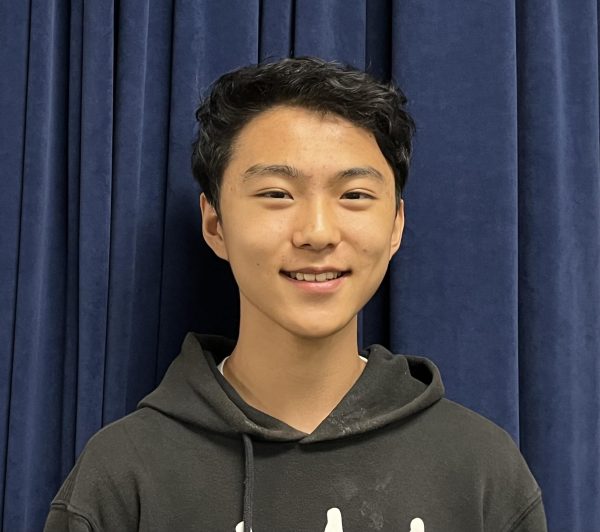
“It’s kind of sad that certain books are being censored, especially in a school setting where people need to be uncomfortable with what they read, to some degree. And it’s always an educational opportunity when that degree of uncomfortableness is present.”
– Marcus Ling, junior
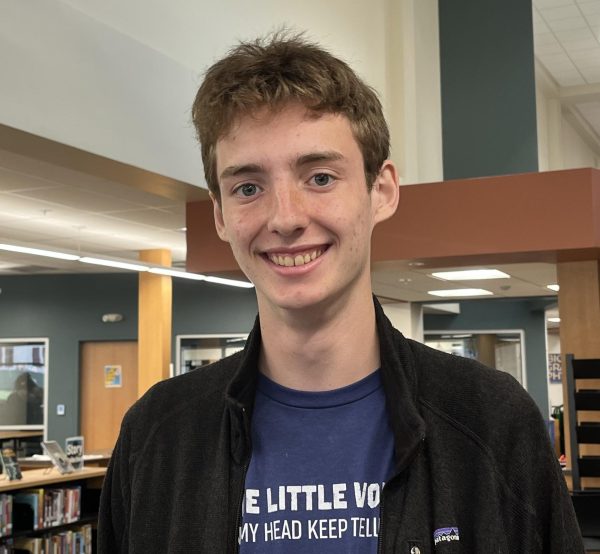 “I think it’s important for books to be interpreted as they’re meant to be interpreted. I think any censorship law could really detract from the contents of the book and not actually achieve the goal.”
“I think it’s important for books to be interpreted as they’re meant to be interpreted. I think any censorship law could really detract from the contents of the book and not actually achieve the goal.”
– Darwin Rescorla, junior
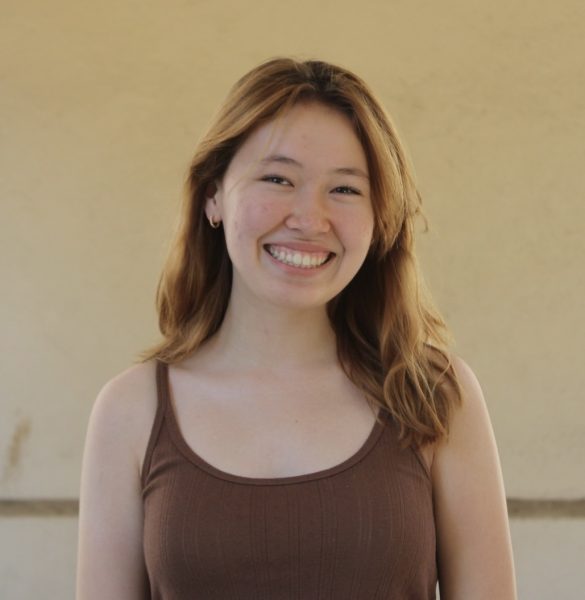
“’I’m glad that I live in a state where censorship is seen as a serious problem, because it is. I think education should be a really important value for our government and censorship directly undermines education. I think that taking steps to ban censorship is super important. But those steps also need to go hand in hand with making sure we’re doing other things to support education, like funding schools that are historically underfunded … there’s just a lot more work that needs to be done.”
– Anna Van Riesen, senior
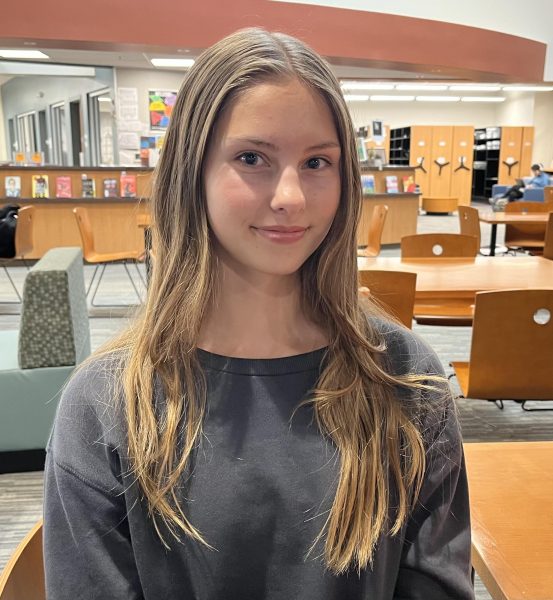
“I think it’s important that students sort of get exposed to sensitive topics, but a lot of parents maybe don’t want them to be exposed to. But if they’re not exposed to these topics like race or gender [until] later in life, they might be uneducated.”
– Julia Curtis, freshman